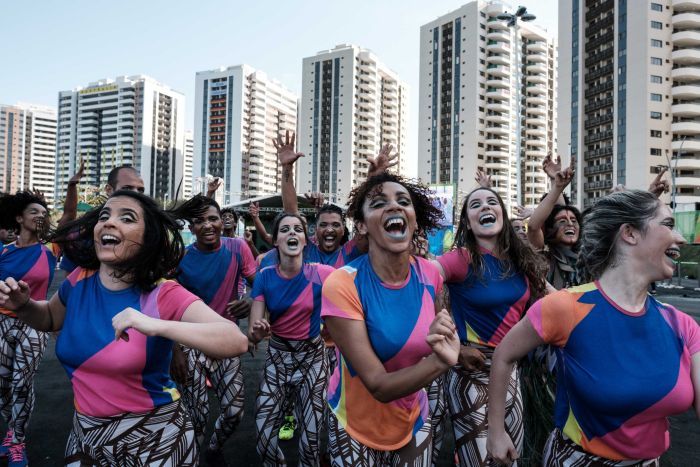
The cost of last year’s Olympic Games in Rio de Janeiro has increased to $13.2 billion – around $4.4 billion more than originally planned.
This is according to figures published in a report by the Governing Authority of the Olympic Legacy (AGLO).
The report was initially due to be released in February, with updates coming every six months after the Games.
The publication was delayed, however.
The original budget when Brazil won the hosting rights to the Games in 2009 was $8.8 billion.
The total cost announced by AGLO, which said $2.21 billion was spent on venues for the Games, may still increase further.
Globo Esporte reports that the cost of infrastructure projects increased to $8.2 billion and another $2.8 billion was spent on operating costs.
Rio 2016 had an initial operational budget of $2.7 billion, with communications director Mario Andrada telling insidethegames in April that he estimated around one per cent remained.
It was revealed in April that Rio 2016 owes $26.6 million in outstanding payments to suppliers and third parties.
A plan for the future use of Olympic venues was also expected to be announced by the AGLO.
Reports say AGLO President Paulo Marcio Dias Mello spoke vaguely about this matter, but he did not provide any cost or income figures.
There has been some limited progress recently in the efforts to fulfil other parts of the Rio 2016 legacy.
Rio City Hall officially opened Carioca Arena 3, one of the venues used last year in the Olympic Park at Barra de Tijuca, to the Brazilian public last month.
The venue staged taekwondo and fencing competitions at Rio 2016, before hosting judo and wheelchair fencing at the Paralympic Games.
Badminton, table tennis and trampolining are set to be among sports housed in the venue for public use.
Part of the Barra da Tijuca Olympic Park was opened to the public in January, with the Via Olímpica now used for skating rinks, multi-sport courts and a series of other sporting activities.
A section of the Deodoro Olympic Park was returned to the military and is being used by them and is also being used as the Brazilian Olympic Committee’s training centre.
The area of the Park containing the BMX and canoe slalom venues was closed in January when a management contract came to an end, although it is claimed it could open again by the end of June following a tender process.
Prosecutor Leandro Mitidieri, presenting at an AGLO meeting last month, delivered a highly critical assessment of the Olympic legacy.
He claimed the city of Rio de Janeiro had failed to plan for the transfer of key venues, including the Olympic Velodrome, Tennis Centre and Carioca Arenas 1 and 2.
A public bidding process was reportedly set to take place, but Mitidieri claimed this had failed and venues were passed to the Brazilian Government without any plan.
Marcio Dias Mello said, “it’s not easy to manage the legacy”.
“London, for example, took two years to deliver the legacy [after the 2012 Olympic Games] and even today there is public investment in that legacy,” he said.
“Even if it doesn’t meet everyone’s expectations, it will be a relief that what we have here will not be white elephants.”
By Daniel Etchells
Republished with permission from insidethegames.biz.